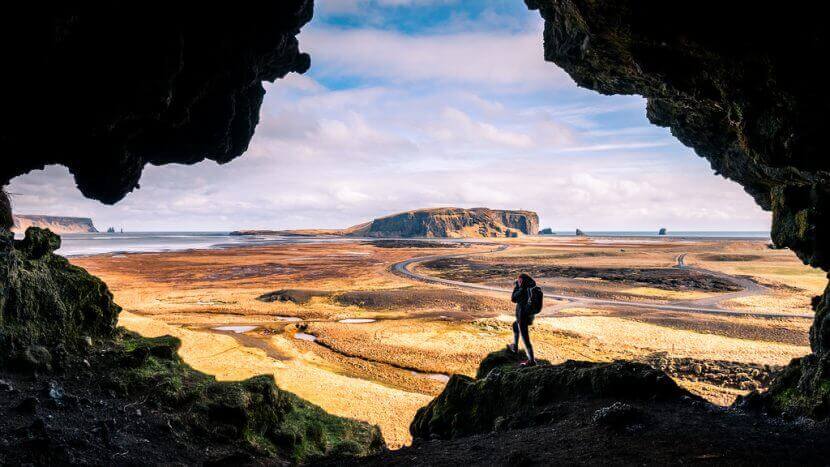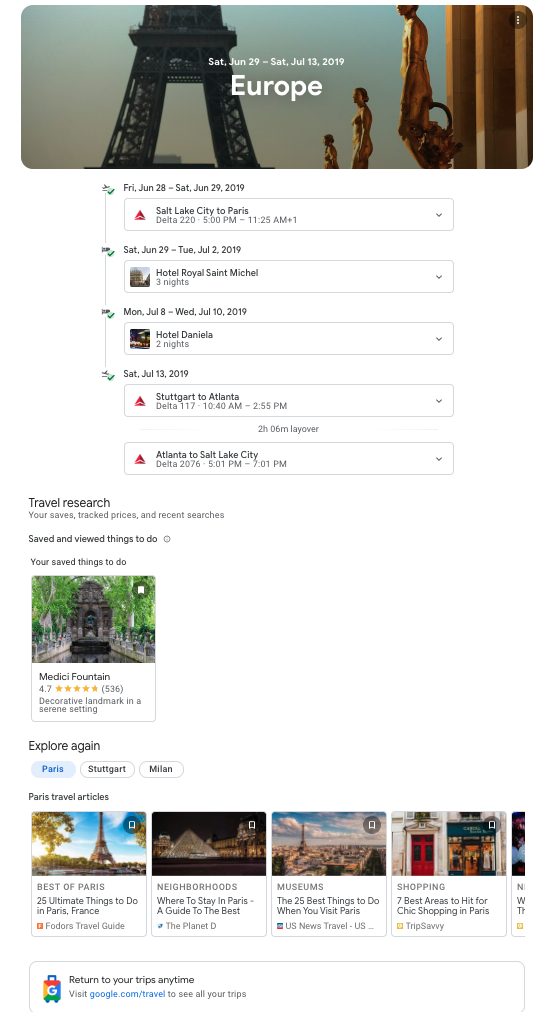
There are many buzzwords thrown around in the travel technology space that it’s nearly impossible to keep track of them all.
NB: This is an article from gcommerce
However, one new travel technology that has recently started to bubble up more often is the ‘connected trip.’ What the heck does that mean, and what are the opportunities and potential challenges for hotels?
A connected trip travel technology is one that has a traveler-centric focus; from booking to customer service to the trip experience itself, which then leverages technology to pull everything together into one single place for the consumer. It’s kind of like what a travel agent used to provide, but one that really provided a high level of service from booking the tickets to providing the AAA TripTik book with your personal driving route planned out for your whole trip. By the way, if you haven’t taken a look at the TripTik site, it creates your own TripTik similar to what I recall from my family trips years ago. It’s printable and helpful perhaps where travel connectivity is lacking, but it doesn’t provide integrated traffic and conditions like other connected travel technology platforms and apps, which is the benefit of technology in connected apps.

The important part of using travel technology in the connected trip is that things can be automated and personalized in the planning process. The technology understands what type and size of a rental car a family needs versus what a business traveler needs. Things can get even better for a traveler as they get deeper into their experience of a connected trip through a single platform. If there’s a delayed flight, the platform can quickly update car and hotel reservations to accommodate for the delay.
The race to provide this enhanced travel planning experience has already started with Google’s Travel Planner, Booking Holdings and Expedia. Airbnb and even Amazon are jumping in to learn more about what travelers want in order to have a better travel platform technology experience and start anticipating their needs before they even realize that they need a restaurant reservation or a spot on that great family snorkeling tour.
What does this mean for a hotelier who isn’t part of a large franchise and can’t afford to build their own fully connected booking technology experience? Since the connected trip could be booked in a variety of ways at this time we recommend:
- Make sure your property is always a preferred booking option for your guest by maintaining rate parity across a variety of channels, as the consumer is the one determining where they will be booking their connected trip
- Continue to focus on what your customers are looking for and incentivize them to book directly via your website
- Recognize that the way a consumer books and interacts with their connected trip technology platform is evolving rapidly and it will most likely come to full fruition via something that people are already using. Perhaps a personal assistant such as Siri or Alexa and most probably in some way via deep integrations in mobile OS from Apple and Google
- Stay agile, ensure you don’t get caught up in added costs as OTAs look to add to their development costs as they build out their travel technology platforms and networks
- Understand that consumers don’t always act just from the bottom line but also want the best, most convenient experience possible so invest in that whenever possible
The connected trip travel technology experience will have additional implications for hoteliers as the tools and processes around them evolve and build over the coming months and years, but the basics of making a trip centric to the traveler should always be a cornerstone to your strategies as a hotelier. We’re excited to watch the connected trip evolve and take advantage of the benefits it brings to travelers and hoteliers alike.



